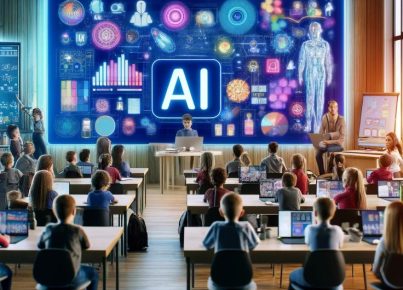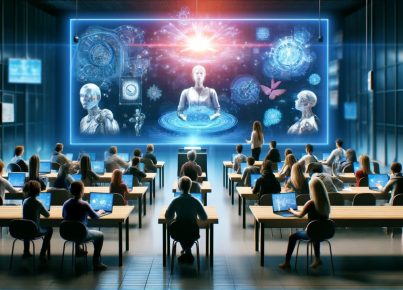In 2025, one of the most significant trends in differentiated instruction is the widespread adoption of AI-powered personalized learning paths. These sophisticated systems use machine learning algorithms to analyze each student’s learning style, pace, and preferences, creating truly individualized educational experiences.
AI-driven platforms continuously assess student performance, identifying strengths and areas for improvement in real-time. Based on this data, the system adapts the curriculum, adjusting the difficulty level, content type, and learning activities to suit each student’s needs. This dynamic approach ensures that every learner is appropriately challenged and supported.
Moreover, these AI systems can predict potential learning obstacles and proactively suggest interventions. For instance, if a student consistently struggles with certain types of math problems, the system might introduce supplementary lessons or alternative explanation methods before the student falls behind.
Teachers benefit from these systems too, as they provide detailed insights into each student’s progress. This allows educators to make more informed decisions about when and how to intervene, making their differentiation strategies more effective and efficient.
The integration of natural language processing also enables these platforms to understand and respond to students’ questions, providing instant, personalized feedback and explanations. This 24/7 availability of tailored support significantly enhances the learning experience.
As we move through 2025, expect to see these AI-powered systems become increasingly sophisticated, potentially incorporating elements like emotion recognition to gauge student engagement and adjust lessons accordingly. The result is a learning environment that’s more responsive and attuned to individual needs than ever before.





